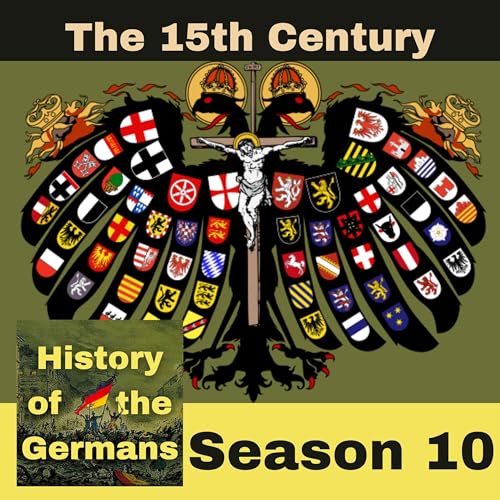Today begins a two part series about how the Low countries modern day Belgium, Netherlands and Luxemburg shifted out of the Holy Empire. These lands, with the exception of Flanders, had been part of the empire for hundreds of years, ever since Henry the Fowler acquired Lothringia for east Francia in 925 – not by conquest but through diplomacy – as was his way.
There are two ways to tell the story of the split away from the empire, one is about the dynastic machinations, the marriages, poisonings and inability to produce male heirs, the other one is about economics and the rising power of the cities.
This, the first episode will look at the dynastic story, the pot luck and cunning plans that laid the groundworks for the entity that became known as the Low Countries to emerge, whilst the next one will look at the economic realities that thwarted the ambitions of one of the most remarkable women in late medieval history, Jacqueline of Bavaria, countess of Holland, Seeland and Hainault, and why that was ultimately a good thing, not for her and not for the empire, but for the people who lived in these lands.
he music for the show is Flute Sonata in E-flat major, H.545 by Carl Phillip Emmanuel Bach (or some claim it as BWV 1031 Johann Sebastian Bach) performed and arranged by Michel Rondeau under Common Creative Licence 3.0.
As always:
Homepage with maps, photos, transcripts and blog: www.historyofthegermans.com
If you wish to support the show go to: Support • History of the Germans Podcast
Facebook: @HOTGPod
Threads: @history_of_the_germans_podcast
Bluesky: @hotgpod.bsky.social
Instagram: history_of_the_germans
Twitter: @germanshistory
To make it easier for you to share the podcast, I have created separate playlists for some of the seasons that are set up as individual podcasts. they have the exact same episodes as in the History of the Germans, but they may be a helpful device for those who want to concentrate on only one season.
So far I have:
The Ottonians
Salian Emperors and Investiture Controversy
Fredrick Barbarossa and Early Hohenstaufen
Frederick II Stupor Mundi
Saxony and Eastward Expansion
The Hanseatic League
The Teutonic Knights
 43 mins
43 mins 44 mins
44 mins 31 mins
31 mins Nov 28 202536 mins
Nov 28 202536 mins Nov 21 202551 mins
Nov 21 202551 mins 38 mins
38 mins Nov 7 202547 mins
Nov 7 202547 mins Oct 21 202542 mins
Oct 21 202542 mins
